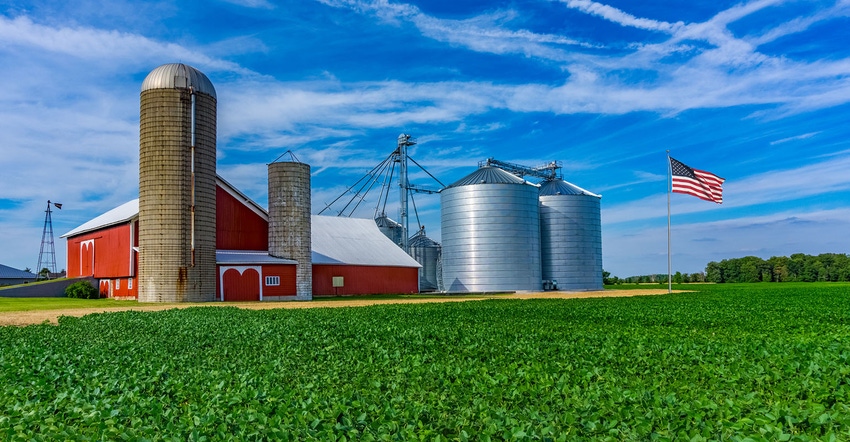
In part one, we established gifting farmland is one option to protect it from the nursing home, however, it comes with some trade-offs. Here are some other options to consider:
Part sale-part gift
Not everyone can afford to gift away the income from the farms. Most are also leery of selling a farm as it may subject the sale to capital gain tax. Capital gain is the difference of the sale price and the current cost basis.
However, you could consider a part sale-part gift. The part sale could be in the form of an installment sale to maintain your income. Instead of receiving annual land rent, you will receive a farm contract payment. Any capital gain can be spread over the term of the contract, and capital gain tax rates are currently preferential over ordinary income tax. The part gift of this transaction is you can set the sale price wherever you like by using part of your lifetime gift exemption, tax free. Some set the sale price at or near the current cost basis so there is no capital gain from the sale. You can back into the other terms of the contact so your annual farm payments are similar to what your net rental income is otherwise.
This strategy can shift significant equity from the farm out of your estate subject to creditors, as well as the future appreciation in land values too. Your asset is the resulting land contract with a declining principal balance each time farm payments are made.
Life estate gift
You could also consider a life estate gift. This is like gifting the farm but with some strings attached. The strings include you retaining the income and/or right to occupy the residence for your lifetime. This option will maintain your income and shift a significant amount of the equity from the farm to the kids now. This is based on actuary tables the IRS publishes based on your age. I recently worked with a farm couple near 80 years old where these tables suggested 70% of the equity would be transferred to the kids.
It is worth noting even though a life estate gift can provide some creditor protection, the entire value of the farm is still included in the estate for estate tax purposes. Since the entire value is still included in your estate, this also preserves a full step-up in basis of the land and depreciable assets which we listed as a potential trade-off with an outright gift of the farm (income too).
Land entity
We are seeing more and more land entities such as limited liability companies being formed if this is a better ownership structure for children to own the farm together. These entities typically have restrictions for lineal descendants including assurances for those in the family actively farming to lease the farmland, as well as first right of refusals in the event someone in the family decides to sell they must offer it back to others in the family under a certain formula to establish the buy-out price and terms.
The IRS recognizes discounts for assets held in closely held family entities since these restrictions make the entity membership “units” less marketable versus actual parcels of farmland. You can also make an argument these entity “units” are less valuable to creditors since they cannot come after the actual real estate. For this reason, restructuring the ownership of the real estate to a family land entity can also provide some asset protection, but not to the extent of an outright gift of farmland.
Do nothing
Although this is not always the best advice, the very high estate tax exemptions and current basis step-up rules encourage most landowners to hold onto their farms and pass them through their estate. There are some higher-level estate planning tools that can build in some asset protection for the farms as they are held in trust between two spouses. There are also newer life insurance products that have a long-term care benefit, if needed, to help supplement income needed for a long-term care or nursing home stay.
As always, please consult with your respected legal advisors to determine which of these options is the best fit for your unique situation.
Downey has been helping farmers and landowners for the last 22 years with their family farm transition, estate planning, leasing strategies, finances, and general land consultation. He is the co-owner of Next Gen Ag Advocates and an associate of Farm Financial Strategies. Reach Mike at [email protected].
About the Author(s)
You May Also Like






